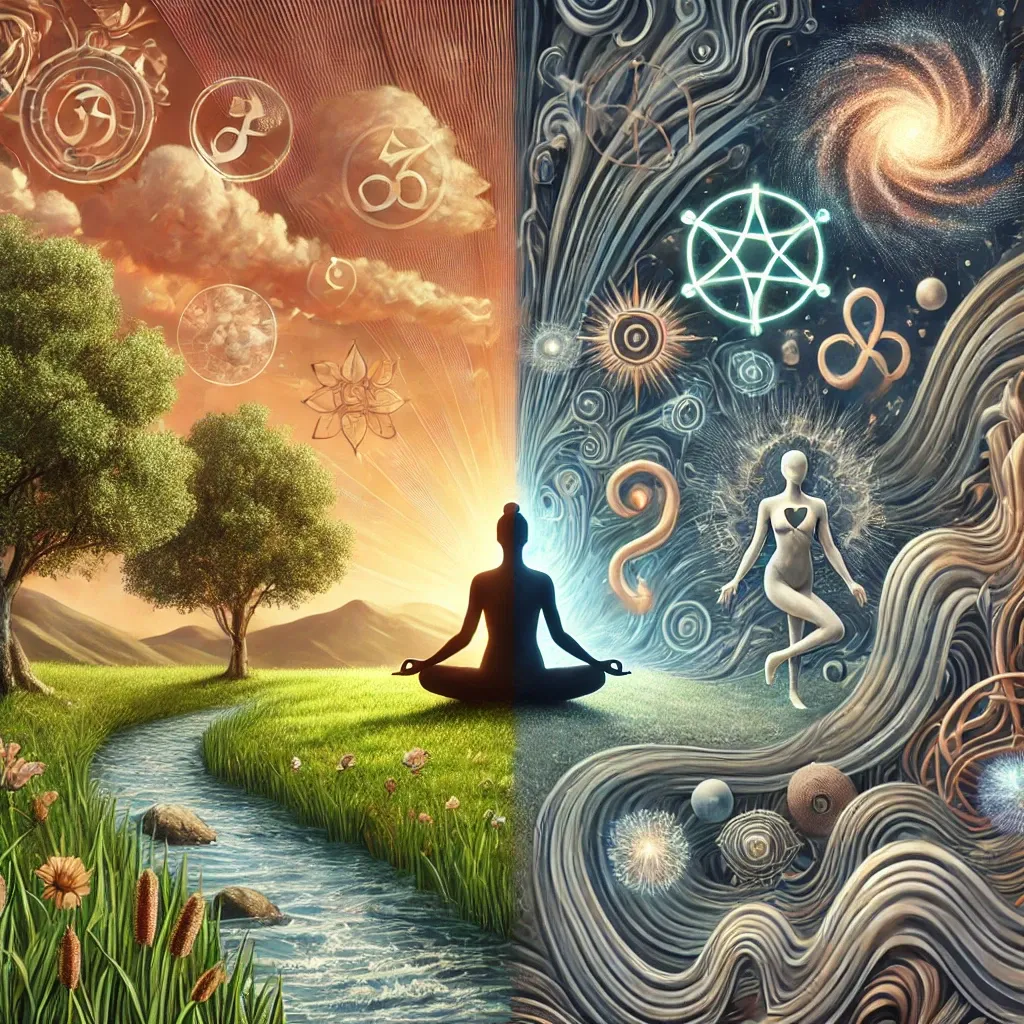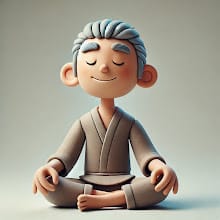Wellness and Responsibility: Letting Go of the Quick Fix
"The answers are often simple, eat well, move, breathe, rest, connect, but the work lies in showing up for them every day. Wellness isn’t found in a product, it’s built through responsibility and consistency."


